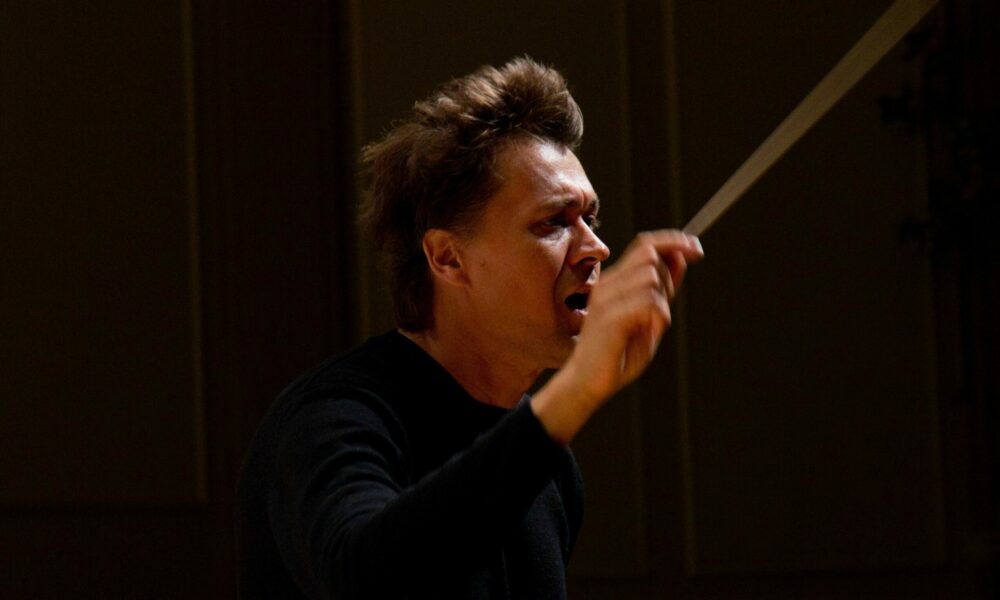

Today we’d like to introduce you to Libor Ondras.
Hi Libor, we’d love for you to start by introducing yourself.
I grew up in Czechoslovakia during the height of the socialist era. Both my parents were passionate amateur musicians, alas, I was always surrounded by music; listening to folk bands, learning to sing, harmonize, and eventually taking up the violin.
Following my teacher’s recommendations, I auditioned for and studied at the Bratislava Conservatory. Upon graduation, I was awarded a fellowship by The Slovak Ministry of Culture to study at The Moscow Conservatory under the tutelage of Yuri Bashmet and Fiodor Druzhinin. This was the defining moment for my musical career path; the fellowship provided me with an opportunity to work with the Europe’s leading artists (Druzhinin serving as violist of renown Borodin quartet and dedicatee of Shostakovich’s last work – Viola sonata, and Bashmet – winner of Munich International competition, performing at the world most prestigious concert halls).
My studies in Moscow were interrupted by the political unrest (Gorbachov’s the government was overturned) and I resumed my studies at the Prague’s Academy of Music Arts. As the ideas for social change spread eastward, I found myself in the epicenter of the Velvet Revolution. It was November of 1989 in Prague, where I partook in student movement that witnessed first hand the regime change in the Eastern European Block.
From Prague, where I won the competition to perform at the Taos Chamber Music Festival, I was offered a full ride to study at SMU with Ms. Hustis – a protege of William Primrose. The United States has become my new home. I continued to complete my Master’s and Doctoral Degrees at Rice University and University of Houston, Texas. During my doctoral studies, I won the Houston Concerto Competition, was selected to perform at the Carnegie Hall under the direction of Sir Solti, was awarded fellowship to the Aspen Music Festival and performed with the Vienna Philharmonic players at the Pacific Music Festival in Japan.
I have since had the privilege to perform with leading professional orchestras in the US, Europe and Japan, and work with renowned conductors and artists like Christoph Eschenbach, Pinchas Zukerman, Rene Fleming, Placido Domingo, Andrea Bocelli, or Led Zeppelin – my claim to fame for my two boys [smile].
Following a string of academia positions (HBU, Snow College, University of Tampa, GRCC), I was directing an orchestra in Grand Rapids and Slovak State Opera when the committee from the Great Lakes Chamber Orchestra (GLCO – Petoskey) invited me to audition for the position of music director. In 2013, after a two-year search, I was named the music director; from that moment on, my family and I took on an active part of Northern Michigan’s performing arts scene. We fell in love with the people and the beauty of Northern Michigan. Once I was appointed the faculty of the Bay View Music Festival in 2017, we spent every summer on the lake in Bay View and formed strong bonds with the place and the community. Today, we cannot imagine our lives without the friends, nature, and art scene of the Northern Michigan, which presented many opportunities and resulted in many professional achievements I am so proud tome part of—leading GLCO in inspiring performances for the past 9 seasons and being recently hand-picked as one of ten US orchestras to present for the National Conference of the League of American Orchestras and receiving Telly Award for the performance, being the dedicatee and the soloist of the world premiere of my dear friend David Lockington’s Violet Viola Concerto, and sharing my knowledge in masterclasses at universities in the US (Notre Dame, CMU, WMU…) and abroad (Royal Conservatory of Scotland, Arriaga Conservatory of Bilbao, University of Costa Rica…). Just as rewarding are the achievements and growth of all of my students and musicians I work with – “passing the baton” and guiding them on their journey of life-long learning and creativity is my way of paying tribute to my mentors and teachers.
I’m sure you wouldn’t say it’s been obstacle free, but so far would you say the journey has been a fairly smooth road?
When I decided to pursue a music degree, my first violin teacher quipped that the first 50 years is the most difficult ones. I am about to find out if this holds true [smile]. My journey has been full of surprises and detours, much of it I had to “travel” alone, proving that what does not kill us makes us stronger! From an early age, I had no choice but to learn how to navigate life–starting with finding a teacher who can build a healthy technical foundation. He (Mr. Plhal) lived an hour away, so I had to learn how to use public transportation to travel from one town to the next at the tender age of 9 [smile]. At age 14, I left the comfort of my home to study and live in the capital of Slovakia, then leaving the country to study at the Moscow Conservatory and Academy of Music Arts in Prague, and eventually leaving Europe to continue my studies in the US. Just to put things in perspective, there were no cell phones or emails to communicate with my parents; they couldn’t visit me abroad because regular citizens were not allowed to leave the country at the time, and they didn’t have resources to support me financially. Although these experiences were not easy at times, they shaped me as an artist and person, and taught me the value of education and hard work. I had to seek new opportunities for myself to grow, and find ways to pay for my schooling, room and board. When I landed my first academic position, I was keenly aware of the importance of my experiences and responsibility of being a role model for my students. I don’t believe that education stops with graduation and that’s what I teach my children, my students, and that’s what I live by. I continue to refine my skill as a musician and conductor, educate myself in business administration and arts management, sailing, skiing, tennis, snowboarding, swimming, etc (smile)…
Life is a journey, and me being here now is like looking at the portfolio of my work and professional activities. And that is how I qualified and successfully navigated the application for US citizenship and the US Permanent Residency in a category of “people with extraordinary abilities”, a consideration given to the top ten percent of the professionals in the field. I have been blessed with music, a number of wonderful teachers and mentors, dear friends and colleagues, and most importantly, with my family that is my rock, my support, my inspiration, and the center of my universe. So to answer your question in short; it was not the smoothest ride, but if I had to go through it again and be as blessed as I am today, I would do it again in a heartbeat.
Appreciate you sharing that. What else should we know about what you do?
I am an active performer as a viola soloist and chamber musician, working daily on refining my craft, finding new inspiration and meanings through music. I am a college professor leading orchestras, coaching chamber music, lecturing music history, and passing my passion, skill, and experiences onto my students. And I am a music director of professional orchestras aspiring to inspire, educate and entertain communities I serve. All of these positions intertwine in a complimentary manner and one informs and improves the other.
As a music director and conductor, I create, build, and select programming, lead rehearsals, prepare ensembles for public performances and recordings, analyze scores, research the literature, background of pieces and composers, edit works and publish my research in professional journals like the Journal the American Viola Society. When conducting, I must know the individual parts of all instruments of the orchestra, have the understanding how they fit together esthetically, to mold/shape those together and unite a group of talented individuals into one cohesive artistic product. I am tasked by the composer to render his/her ideas with integrity, inspiring both the orchestra members and the audience. I serve as an interpreter of composer’s music. Some may think that my job starts and ends on the stage. That’s also what I thought before Maestro Eschenbach (my mentor) told me that conducting will be less than ten percent of my job as a music director. It is a leadership position that includes so many facets aside from work on stage-countless hours of preparatory work and behind the stage time to educate and inspire our audiences, engage public, and elicit support for the arts and the organization, because arts play an irreplaceable role in each community…
Is there any advice you’d like to share with our readers who might just be starting out?
The first 50 years is the most challenging ones [smile]. All jokes aside, my advice would be, do not let others define your own limits–you can overcome adversity if you love what you do and can’t live without doing it. Be passionate, be honest, be humble, and don’t stop working towards your own ideals and goals. I think it was Méret Oppenheim who said, ”It’s the artists who do the dreaming for society.”
Contact Info:
- Website: glcorchestra.org
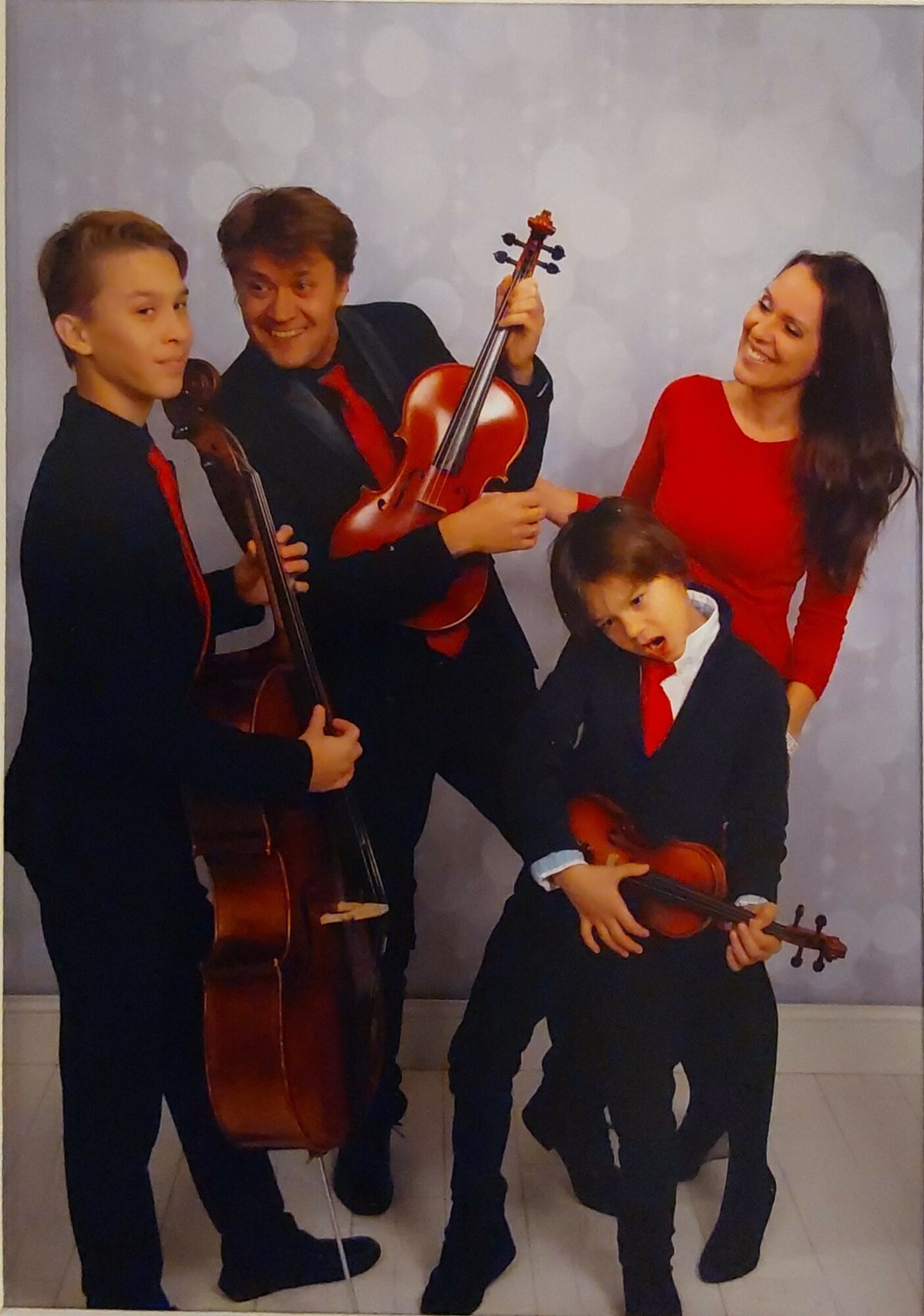
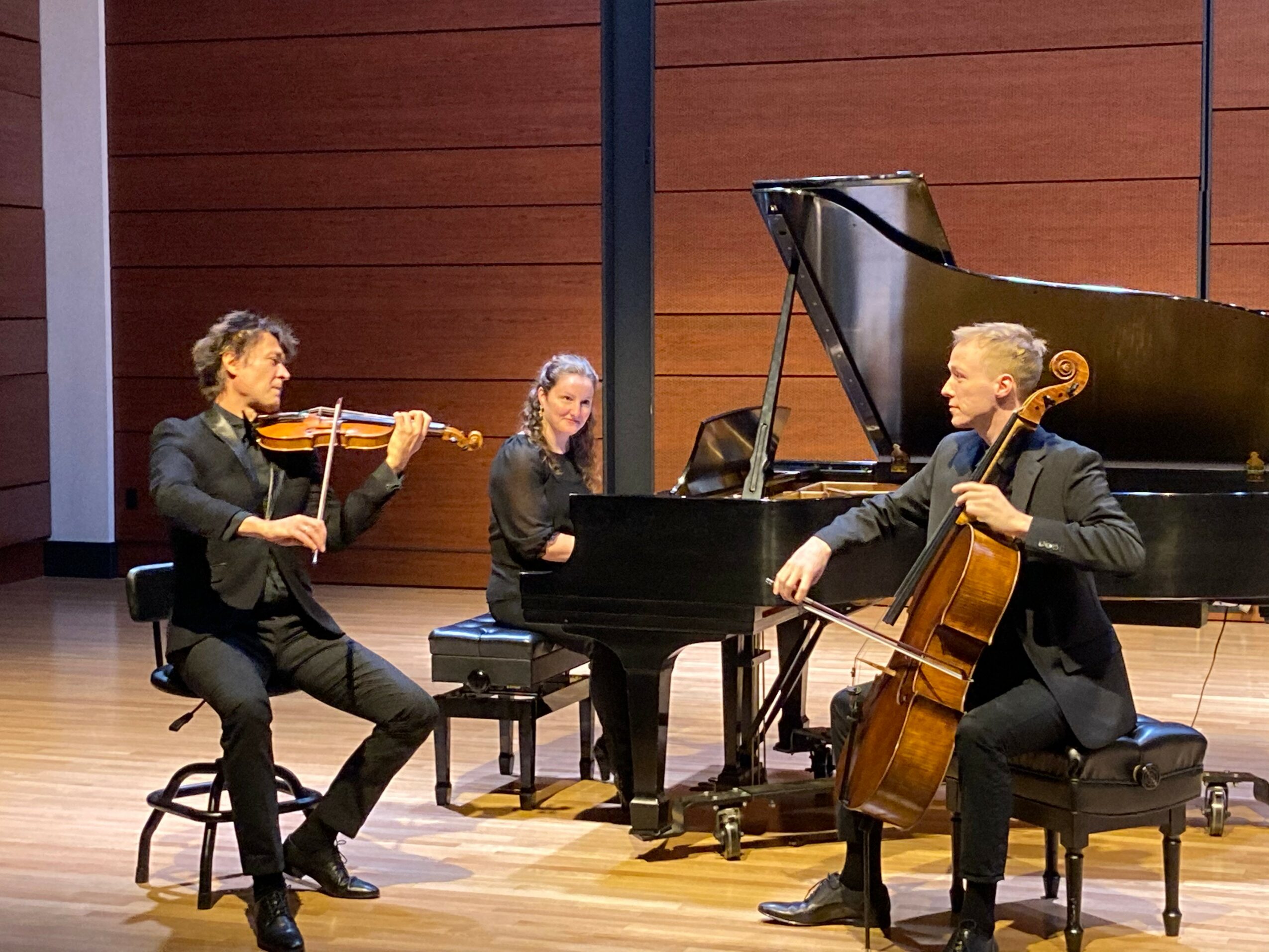
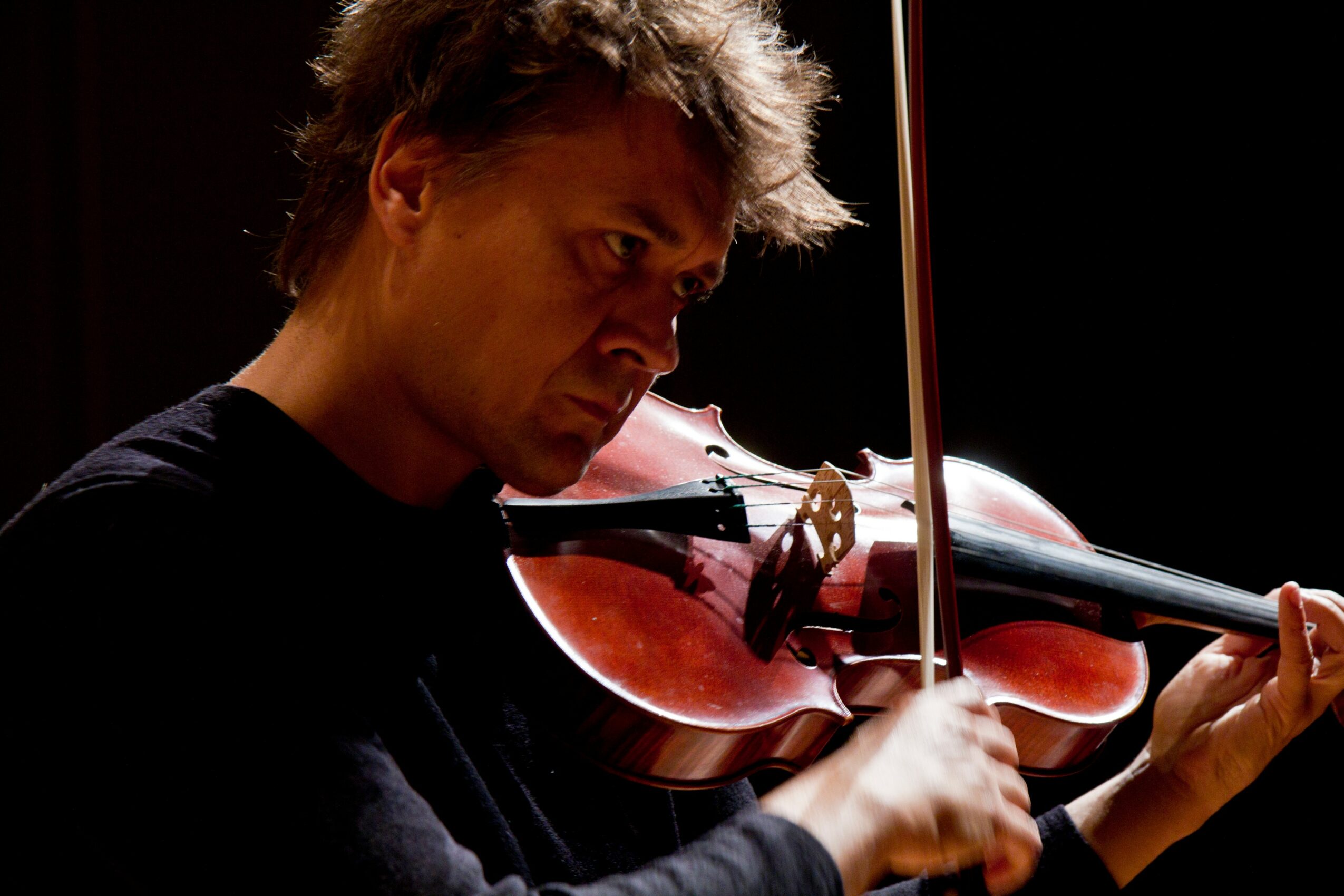

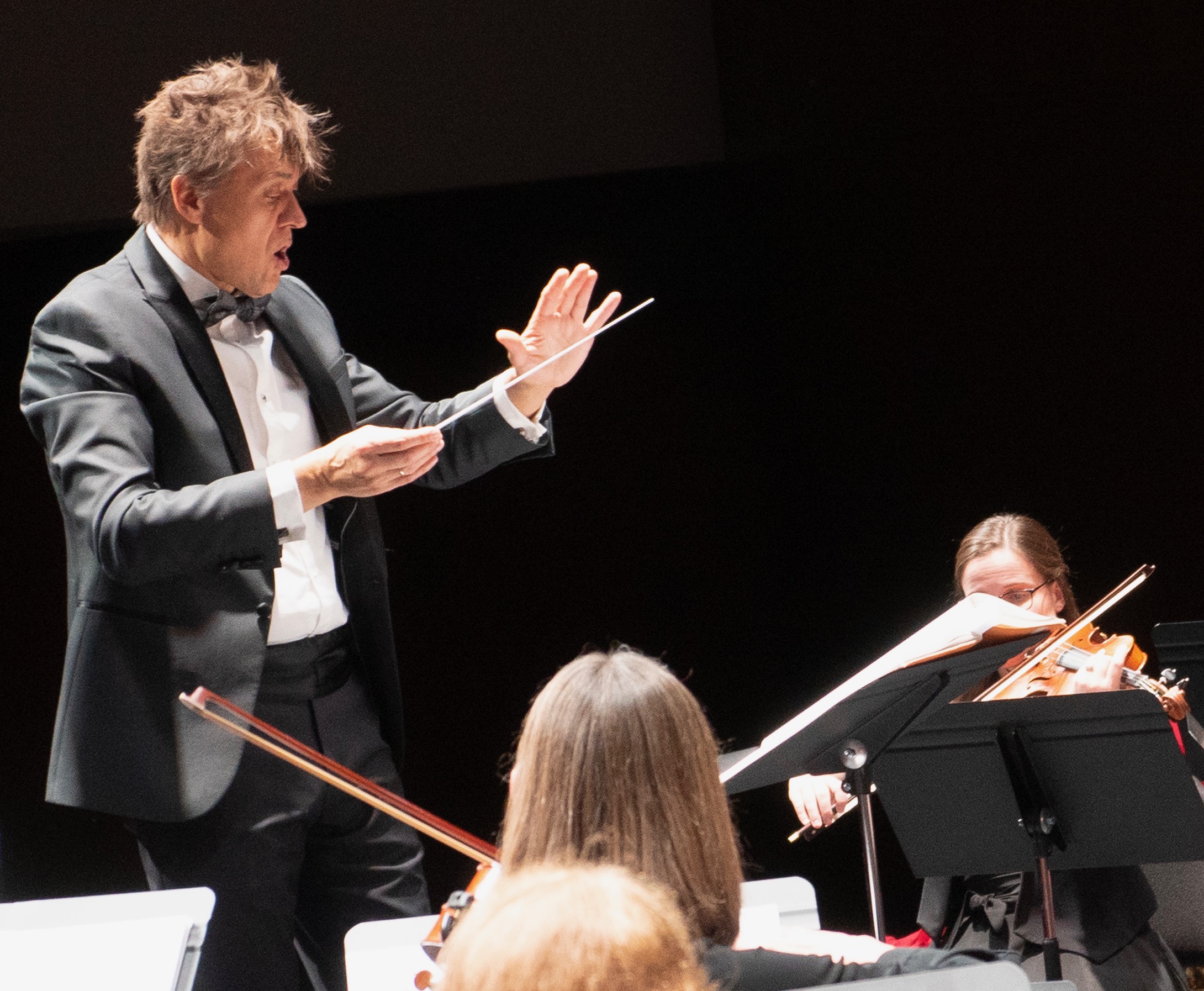 Image Credits:
Image Credits:
Roger Tallman (Creative i Advertising & Production)











